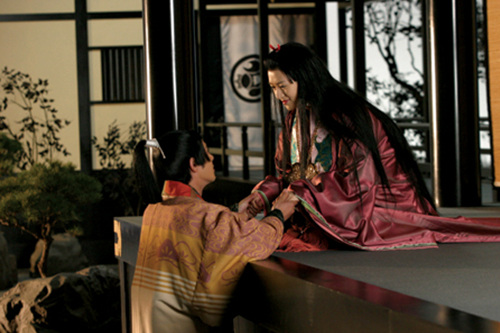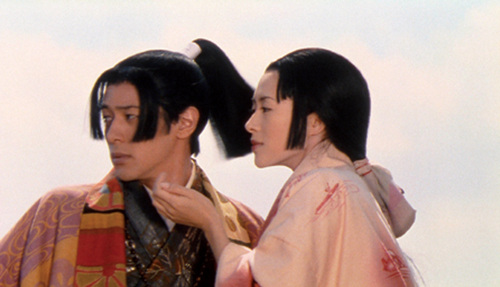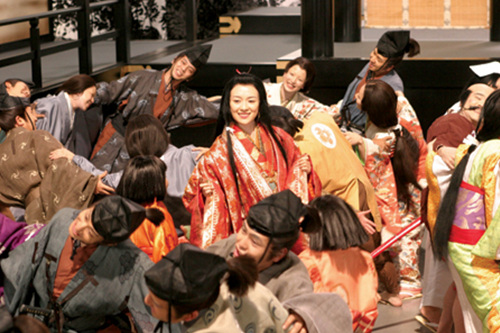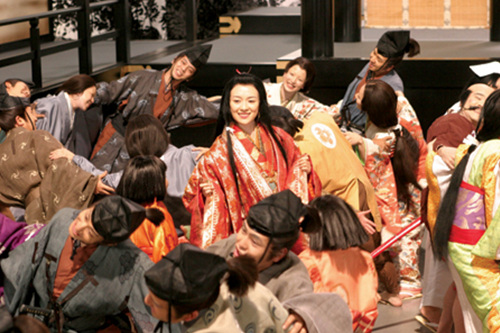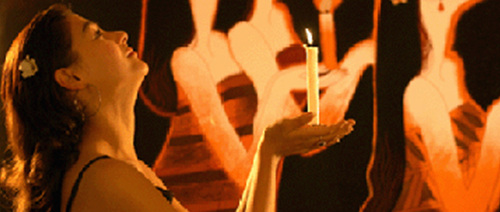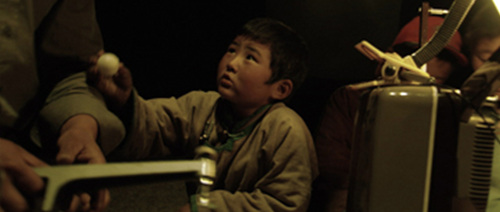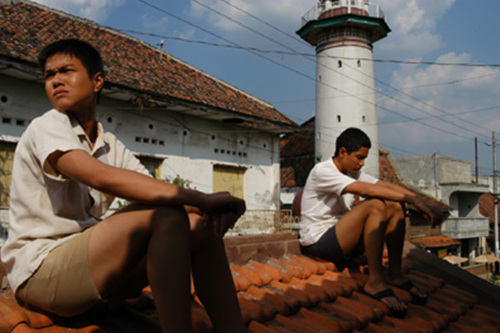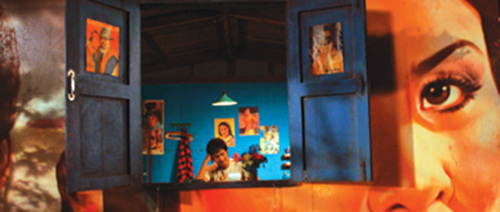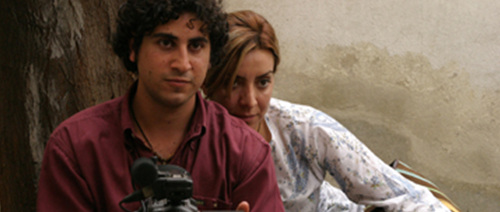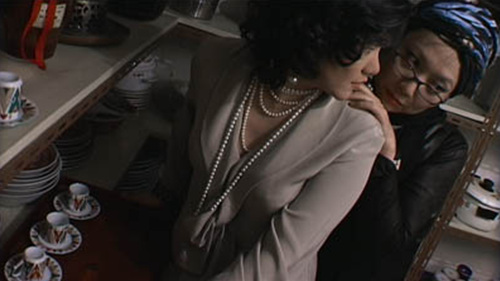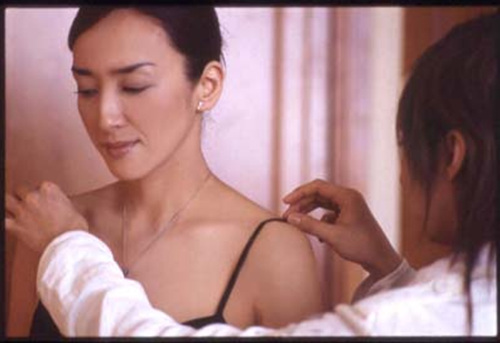영화 정보
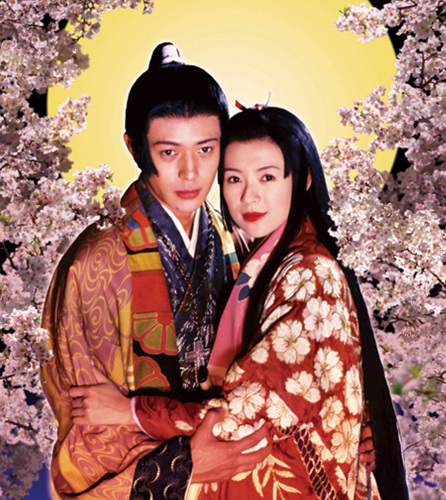
Princess Raccoon
A Window on Asian Cinema
- CountryJapan
- Production Year2005
- Running Time111min
- Format35mm
- ColorCOLOR
Program Note
Still active as an experimental filmmaker even at the age of 82, Seijun Suzuki made this film following Pistol Opera. Catching the world′s eyes original genre films in the ′60s, and Zigeunerweisen in the ′80s, his latest film is a love story set in a mythical space. Fated to be abandoned on the mountain according to his father′s incitement, Amechiyo escapes the danger with the help of a beautiful lady. The lady is Princess Raccoon, who transformed herself into a human being, and the two fall in love with each other. A father who envies his son′s good looks, the raccoons reject the love between a human being and a raccoon. However, Suzuki′s interest lies in a greater place than the path to pure love. By reinterpreting, in a modem style, Japan′s series from the 1940 and ′50s-he brings together various elements from the East and the West. Fairy tales and melodramas, enka and hip hop, theater and film, and real images and animations coexist and cheerfully dance along with their love. As expressed by Saint Saen, ′Operetta is the daughter of opera comique that went wrong. Not that girls who go wrong are without their charms.′ Princess Raccoon is like one big performance in which different genres of art come together to create a commotion. Zhang Ziyi and Odagiri Jo are joined by a surprise appearance by Japanese Pop Queen Hibari Misora-who was recreated by CG. (Kwon Yong-min)
Director
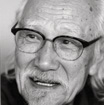

Seijun Suzuki
Seijun Suzuki was born in Tokyo in 1923. After fighting in the army, Suzuki enrolled in the film department of the Kamakura Academy in 1946 and worked as an assistant director at several studios. He made over 40 B-movies between 1956 and 1967, including [The Story of a Prostiture](1965), [Tokyo Drifter](1966) and [Branded to Kill](1967). He recently remade [Branded to Kill as Pistol Opera](2001). Suzuki’s yakuza thrillers and pop-art cinematic style influenced future filmmakers including Wong Kar Wei, Quentin Tarentino and John Woo.
Credit
- Director
Seijun Suzuki - ProducerNobuyuki Tohya
Satoru Ogura
Ikki Katashima - CastZiyi Zhang
Joe Odagiri
Hiroko Yakushimaru
Mikijiro Hira - ScreenplayYoshio Urasawa
- CinematographyYonezo Maeda
- Production DesignTakeo Kimura
- MusicMichiru Oshima
Ryomei Shirai - Production CompanyOGURA JIMUSYO CO.
LTD.
Photo

